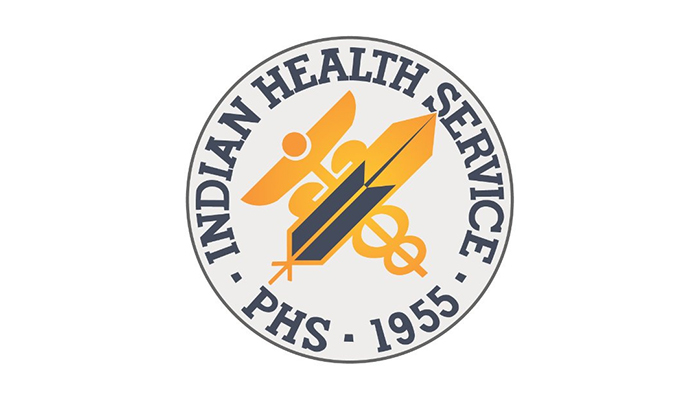Source: https://www.ihs.gov/california/index.cfm/health-programs/eligibility/urban-indian-eligibility/?mobileFormat=0
An “Urban Indian” eligible for services, as codified at 25 U.S.C. § 1603(13), (27), and (28), is any individual who:
- Resides in an urban center, which is any community that has a sufficient urban Indian population with unmet health needs to warrant assistance under the Indian Health Care Improvement Act (IHCIA), as determined by the Secretary of the Department of Health and Human Services (HHS); and who
- Meets one or more of the following criteria:
- Irrespective of whether he or she lives on or near a reservation, is a member of a tribe, band, or other organized group of Indians, including:
- those tribes, bands, or groups terminated since 1940, and
- those recognized now or in the future by the State in which they reside; or
- Is a descendant, in the first or second degree, of any such member described in (A); or
- Is an Eskimo or Aleut or other Alaska Native; or
- Is a California Indian; 1or
- Is considered by the Secretary of the Department of the Interior to be an Indian for any purpose; or
- Is determined to be an Indian under regulations pertaining to the Urban Indian Health Program that are promulgated by the Secretary of HHS.
- Irrespective of whether he or she lives on or near a reservation, is a member of a tribe, band, or other organized group of Indians, including:
- Consistent with 25 U.S.C. §§ 1603(3), (13), (28), 1679, eligibility of California Indians may be demonstrated by documentation that the individual is a member of a federally recognize tribe or: ↩︎
- Is a descendant of an Indian who was residing in the State of California on June 1, 1852;
- Holds trust interests in public domain, national forest, or Indian reservation allotments in California; or
- Is listed on the plans for distribution of assets of California Rancherias and reservations under the Act of August 18, 1958 (72 Stat. 619), or is the descendant of such an individual.
